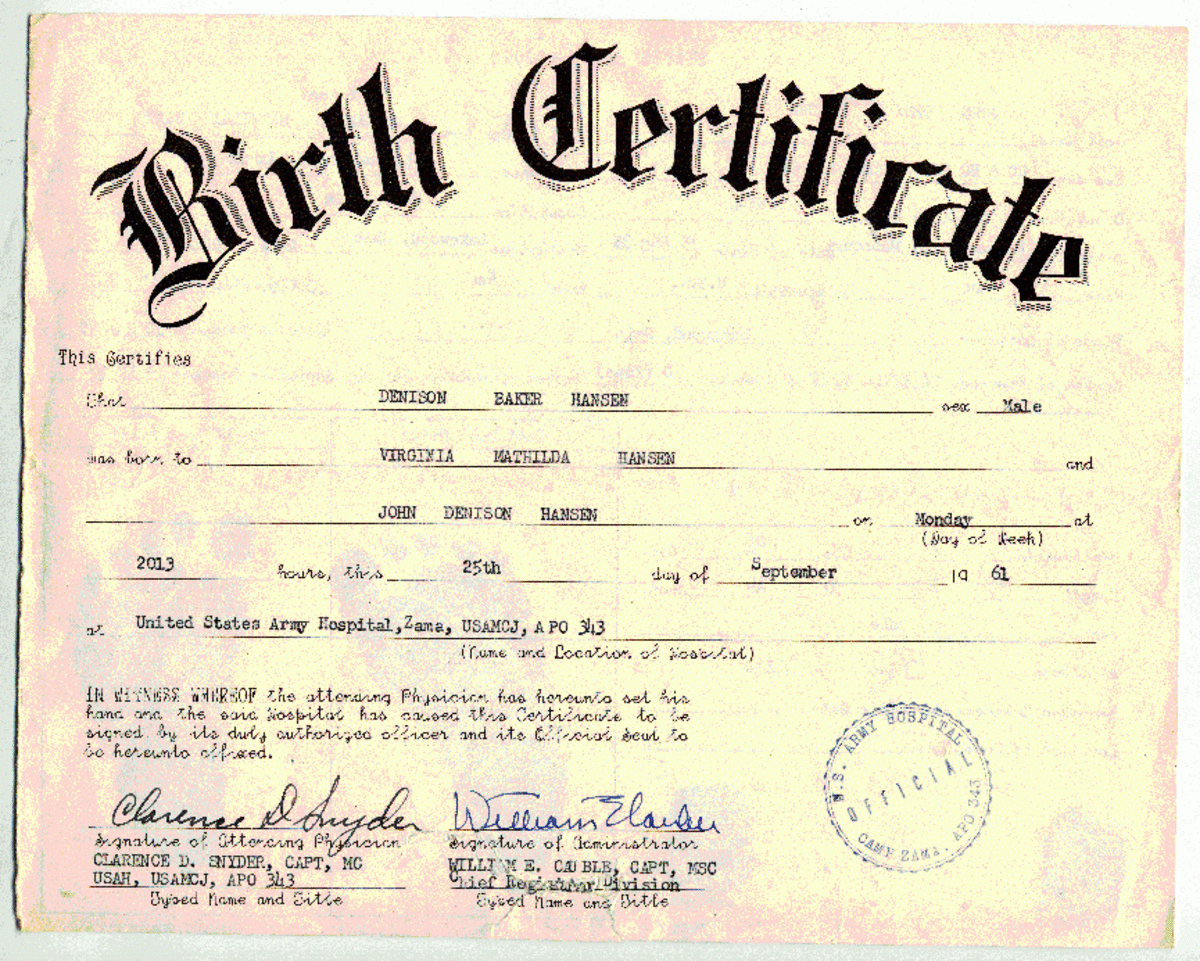HOW TO SPOT A LIAR

HOW TO SPOT A LIAR
First of all check out their facial expression. Did you know that most people look at the lower part of the face? This is probably because it is often easier to understand and process speech when focussing on the mouth. Also in some cultures it is considered rude to look someone directly in the eyes.

In fact you should focus on the person's forehead, brows and eyes if you want to spot a liar. They may start rubbing their forehead near the temples which indicates that they are anxious and attempting to appear reasonable and genuine.
They may avert their eyes and focus on some distant point or raise their eyebrows in an expression of slight surprise whilst smiling a little. This shows that they are under pressure. A genuine person would frown whilst under the same pressure. The lower half of the face is easier to control whilst the upper half makes small involuntary muscle movements.
Eyes
If a person looks up and to the left it indicates that they are constructing an image. If they look to their right whilst speaking they are probably making up what they are saying.



WHEN DOES DECEIT BEGIN?
We often learn in infanthood to modify our facial expressions to make them acceptable in different social situations thus allowing us eventually to become deceitful. For example: if we smile sweetly at Uncle Fred he will give us sweeties and a nice shiny pound coin; if we are sullen and frown at him he probably won't.
Move forward a few years and the adult may display a socially acceptable smile when neccessity dictates; although he or she despises the other person.
BODY LANGUAGE
If you know the person you suspect might be lying to you well, then try to assess if their normal behaviour is different from the behaviour they are exhibiting right now. Care is needed because sometimes people use mannerisms which would indicate that they are lying. The thing to watch out for are any indicators which are unusual for this person.
If you don't know the person, body language can be a good indicator of whether a person is telling the truth. Below are some common indicators that a person may be lying:
Face and Head Area
- Constant touching of face, nose, lips etc.
- Pulling ear
- Smiling a lot - Genuine smiles don't last as long as a counterfeit smile.
- Smiling with only the lower half of the face
- Covering of mouth with a hand
- Scratching the head
- Eyes focussed to the right or fixed firmly on some object
- Rapid blinking or eye rubbing
- Prolonged eye contact
- Playing with hair
Arms and Legs
- Crossed arms
- Crossed Legs
- Feet not firmly planted on floor when seated
- Gripping an ankle or knee when seated
- Fidgeting
- Rubbing the hands together
- Shuffling feet
- Constant changing of position

Set a Baseline
One of the best ways you can tell if someone you don't know is lying is to do a baseline test. This is where you change the subject slightly and ask some non-threatening questions the person is unlikely to lie about; such as "How many children do you have?" or "What was the weather like this morning where you live?". You will see how they react and what their mannerisms are when they are under no pressure and relaxed. Further on in the conversation you will be able to detect any change in mannerism if they begin to lie.
TALKING GIVEAWAYS
What a liar says and how he or she says it can often give the game away.
Liars generally use words like me, I or mine less often than a truth teller. They tend to overuse words like everyone, always, no-one, never and other generalizations. Watch out for use of past tense as this also can be an indicator that they are distancing themselves from what they are telling you.
A liar will often start out by saying something like "You'll never believe this" or "I can assure you". This is designed to allay any suspicions you may have.
Speech is often slower than normal and with several pauses and 'erm's'; unless of course the lie is very well rehearsed. A slight rise in pitch of the voice can indicate that they are struggling with their emotions. Stuttering and stammering can also be a good clue unless it's something they normally do.
A liar will often use negatives rather than positive's. They will say things like "I am not a liar" rather than "I am an honest person."
Look out for long-winded explanations but short answers if you ask them a question. This is a good way to spot a liar. They may also repeat the question if they are playing for thinking time.
A liar may be be defensive and ask something like: "Why are you asking me all these questions?"
Additional Verbal Clues
When people are telling the truth they tend to use more contractions in their speech. Contractions are the shortening of words - haven't, couldn't, didn't. People who are lying generally do not use these shortened words much; they tend to say the words in full - i.e. Have not, could not, did not.

Additional Visual Clues
When some people lie they blush so this is another good way to spot a liar. In proficient liars this may be barely perceptible except for a very slight and subtle pinkening of the cheeks which could very easily be missed.
TedtalksDirector Video
Pamela Meyer, author of Liespotting.
Always trust your intuition. If your gut feeling says that they are lying then you are probably right.
© Susan Bailey 2009 All Rights Reserved







